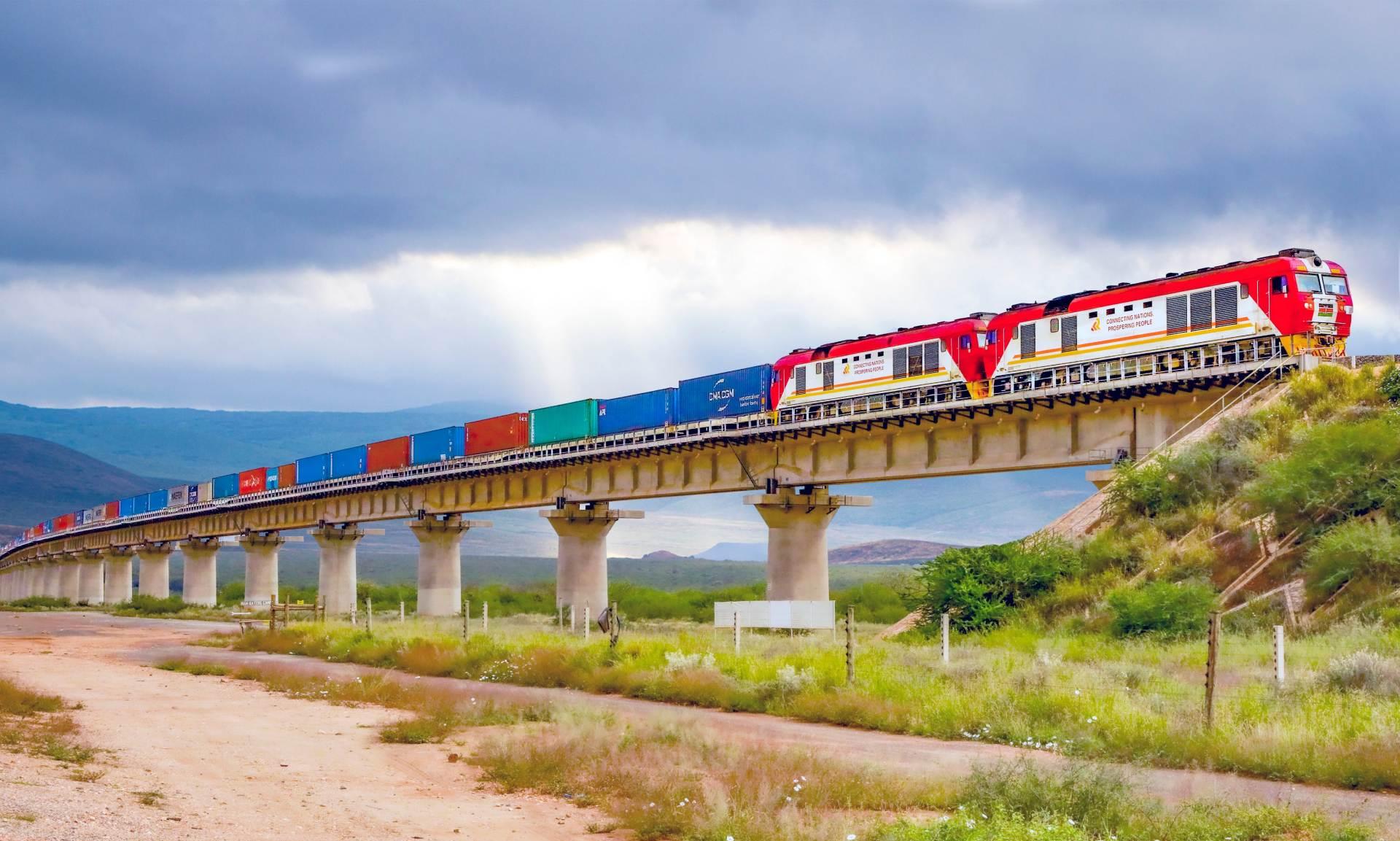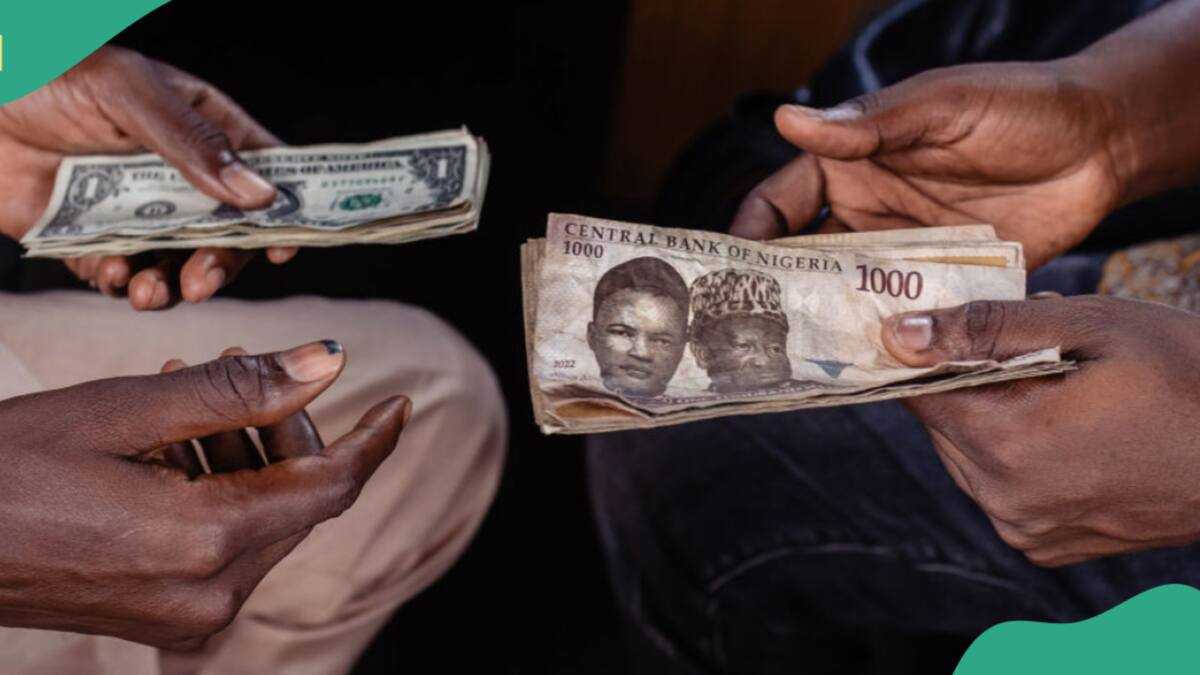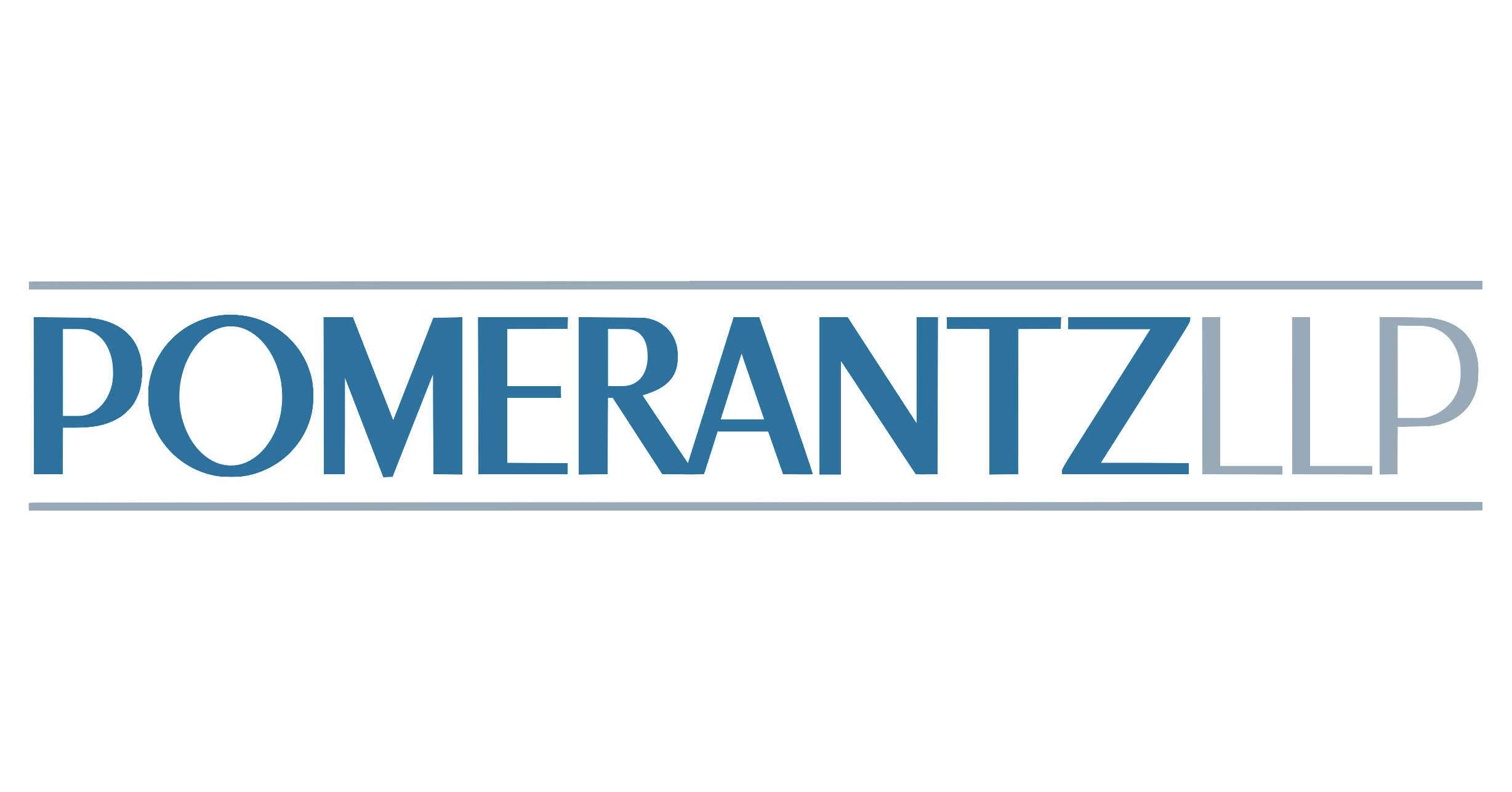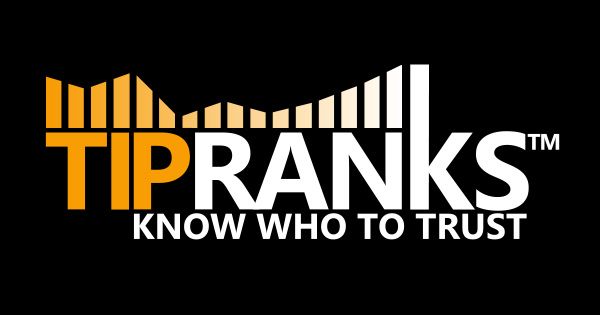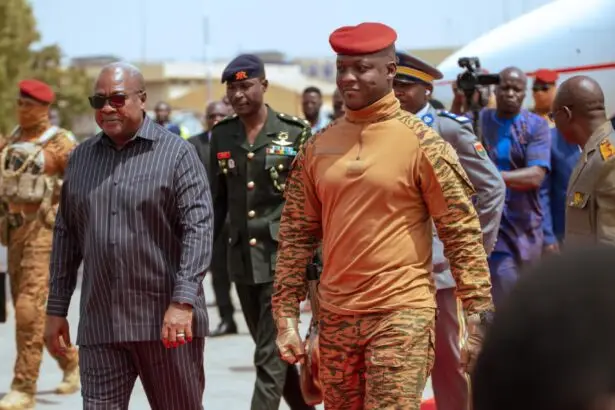Rebuilding ECOWAS amid AES tariff shock
The decision of the Alliance of Sahel States (AES), a coalition of Mali, Burkina Faso, and Niger, to impose a 0.5 per cent tariff on all goods imported into the AES is hardly surprisingly, as it indicates a bid to consolidate its stand, redefine its sovereignty and security, following exit of the three countries from the Economic Community of West African States (ECOWAS). The three West African nations, all governed by military juntas that rose to power through recent coups, launched the Alliance of Sahel States in 2023 as a security pact.
The three countries exited ECOWAS despite a strong warning that the exit would have serious devastating effects on the economic and security fortunes of ECOWAS. The tariffs being imposed by AES are clearly a manifestation of those devastating effects which are beginning to unfold. The AES’ 0.5 per cent import levy on ECOWAS nations is bound to disrupt free trade within the region and heighten tensions with the bloc.
On its part, Niger Republic has exited the Multinational Joint Task Force (MNJTF) and Lake Chad Basin Commission (LCBC). The task force comprises Chad, Cameroon, Nigeria, and the exited Niger. MNJTF troops stationed for critical operations at Diffa, on the borders with Nigeria, have been strategically redeployed to safeguard Niger’s infrastructure and border assets.
Consequently, the security situation in Diffa province is worrisome, and could lead to Boko Haram and ISWAP taking advantage of the porous borders with Niger to launch new attacks. Besides the porosity of borders, there is an increase in the proliferation of small and light weapons (SALW) from the Sahel region to Nigeria and Chad.
Meanwhile, Mali, Burkina Faso, and Niger are abandoning their old traditional Western allies like France and the United States and seeking a new alliance with Moscow as part of efforts to strengthen ties with Russia. The foreign ministers of the three countries had arrived in Moscow on April 3 for talks. The Moscow meeting is part of the strategic, pragmatic, and dynamic steps in areas of common interest between AES and Russia. Already, the governments of Mali, Burkina Faso and Niger had launched their common travel passport on January 29, the date of their official exit from ECOWAS.
There is no doubt that the new 0.5 per cent tariff levy slammed by AES on all goods imported from outside Mali, Burkina Faso, and Niger is a big blow to ECOWAS. With intra-continental trade still very low and hovering at 14 per cent, trade experts are worried that the new tariff by the AES has already thrown a spanner into inter-governmental efforts embarked upon to address the tariff barriers.
Even though Nigeria’s trade with Mali, Burkina Faso, and Niger may appear negligible, the new tariff is a big setback to other ECOWAS countries trading heavily with the three countries. The tariff is coming on the heels of fresh efforts to remove the old tariffs to facilitate the free flow of trade in the region. The new tariff will cripple regional trade and fuel insecurity in the region.
Above all, the new tariff has the potential to negatively impact the African Continental Free Trade Agreement (AfCFTA) and the ECOWAS Trade Liberalisation Scheme (ETLS) (part of the ECOWAS protocols on trade and tariffs). AfCFTA and ETLS are based on the principle of zero tariffs on eligible goods traded within the region. The 0.5 per cent tariff applied uniformly violates these rules, especially if imposed on goods originating from other African or ECOWAS member states. This could cause a technical barrier to trade and non-compliance with treaty obligations.
The new tariff could lead to the fragmentation of Africa’s single market vision. It would erode trust and unity in regional integration. It would create a dangerous precedent for protectionism as other countries, such as Nigeria, may follow suit and introduce their own “small tariffs” to raise revenue, leading to a wave of protectionist measures.
The new tariff undermines the objective of making intra-African trade cheaper and more efficient. The new tariff opens the door to legal challenges under the AfCFTA and ECOWAS dispute settlement mechanisms. If unresolved, it could weaken enforcement mechanisms, making the agreements toothless.
Rather than resort to imposing tariffs, the AES should improve Domestic Tax Collection (Non-Tariff Revenues). It should strengthen Value-Added Tax (VAT) systems and reduce leakages. It should expand the tax base by formalising parts of the informal sector. It should use digital tools (e.g., mobile money tracking, e-filing systems) to increase tax compliance.
Rwanda boosted revenue this way, without increasing tariffs. Instead of imposing a 0.5 tariff, the AES should impose or increase excise taxes on goods like tobacco, alcohol, sugary drinks, and luxury imports. These do not violate AfCFTA/ECOWAS as long as they are applied equally to local and imported goods (non-discrimination). Such measures also promote public health goals.
Given the foregoing, ECOWAS should proceed to balance diplomacy, rules enforcement, and regional stability. A strategic mix of diplomacy and firmness is key. The situation is also a test case for AfCFTA enforcement and African trade governance as a whole. ECOWAS should develop a roadmap for political re-engagement and dialogue with AES with clear conditions for return to full ECOWAS membership. ECOWAS should privately engage the Sahel governments through back channels and envoys to clarify the purpose of the tariff. ECOWAS should seek diplomatic dialogue through the AU or AfCFTA Secretariat as neutral mediators if necessary.
It is high time ECOWAS reconsidered its mission and model. Its role should go beyond economic integration to include social, security, and sovereignty-sensitive issues. It should develop a new “people-centred ECOWAS” model—one that addresses youth unemployment, food insecurity, security, and economic injustice.
ECOWAS should engage AES in meaningful dialogue. It should create informal channels for communication with Mali, Burkina Faso and Niger military leaders, including through religious or traditional intermediaries, respected former leaders, or the African Union. It should prepare a dignified roadmap for the AES to rejoin ECOWAS.
ECOWAS should create early warning systems not just for conflict, but for constitutional manipulation and election rigging. It should take an equal stance against all forms of democratic backsliding, not just coups.
Finally, ECOWAS should push for reforms in democratic accountability, youth representation, and anti-corruption efforts within ECOWAS member states. Presently, many citizens across West Africa increasingly view ECOWAS as serving elites and foreign interests. Perception matters a lot. Therefore, ECOWAS leaders should build trust, accountability and confidence among their citizens.
